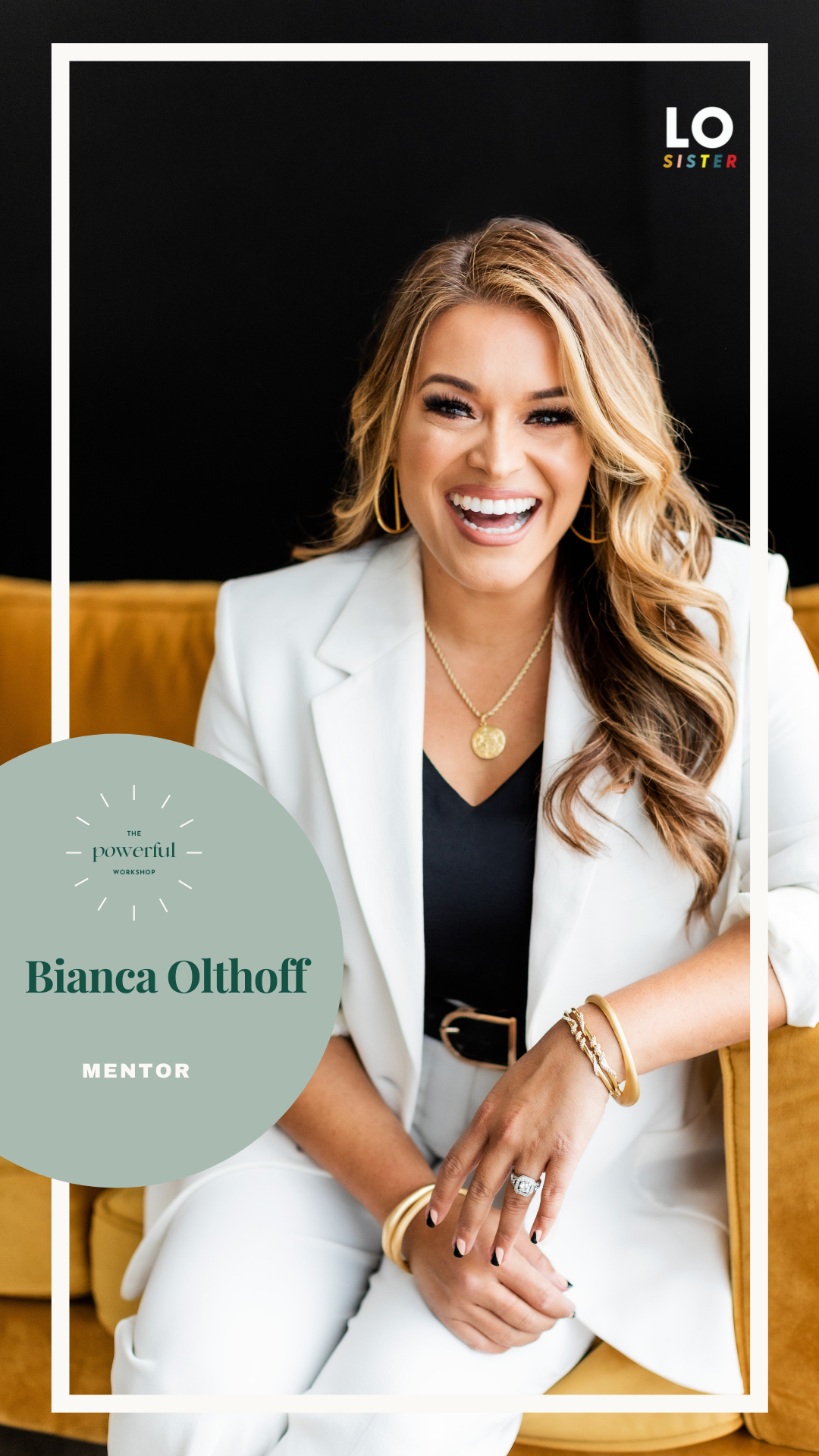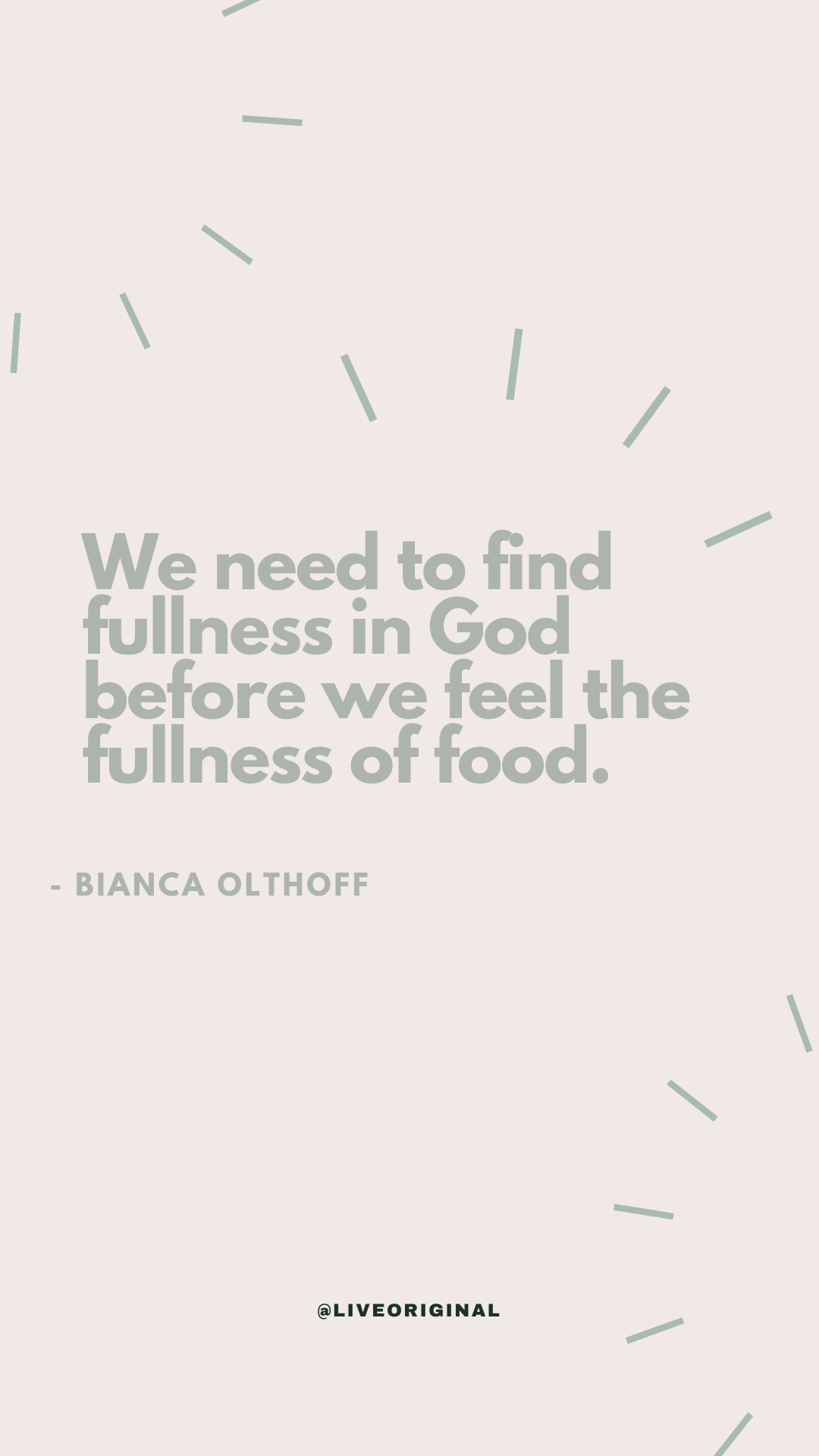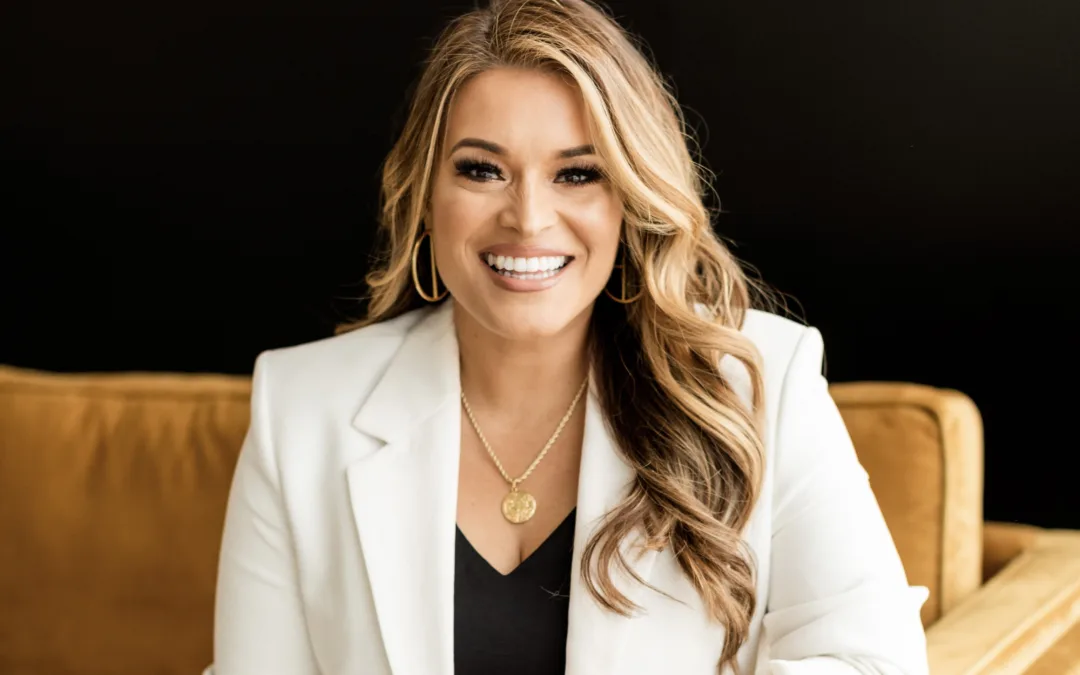
by Bianca Olthoff | Aug 29, 2023 | Mental health
Dr. Rick Hanson, professor of psychology at University of California, Berkley, argues that resilience training for your brain is like muscle building for your body. Strength is developed through lots of little efforts that add up over time. Little efforts throughout your day can result in real physical changes for a better brain.
But the activation and integration of these practices are two different things. Hanson also says that there’s some work to do between knowing how to be resilient and being resilient. Activating grit and resilience is temporary—it’s possible to get gritty during one specific challenge and then revert to your old ways. But installing that habit into our brains— through consistent practice (put in those reps!)— will allow us to persevere for the long haul.
According to Dr. Hanson, you can teach your brain to be more resilient by working on these three practices to train your brain: self-compassion, mindfulness, and gratitude.
Self-Compassion
My best friend, Melanie, repeats a phrase anytime she hears me speak negatively about myself, and it stops me in my tracks: “Stop talking about my best friend like that!” It’s a sobering reminder that if I heard anyone talking about her that way, I would probably need to throw hands. And if I heard anyone else talking to me that way, we would, at the very least, not be friends. Yet I am harshly judgmental and lack the compassion for myself that I would dole out by the gallon to literally anyone else. Melanie’s reframing allows me to see my own troubles and mistakes as part of being human.
As followers of Jesus, we know compassion should be extended to others. But do we extend compassion to ourselves? Instead of critical judgment, self-compassion is acknowledging our mistakes and faults and responding with kindness. Would you speak to a friend with the same harshness you speak to yourself?
There is a balance to this that must delicately lay between acceptance and improvement. Instead of highlighting mistakes or hiding in shame when failure hits, hold the tension between giving yourself and others grace, while acknowledging how things could improve. Kristin Neff, PhD, a pioneer in self- compassion research, identifies three main components of compassion:
- Self-kindness: Remove the inner critic creeping in your mind and silence the negative self- talk with a kinder, more compassionate voice.
- Common humanity: No one is perfect. We all fail and make mistakes. It’s part of being human.
- Mindfulness: Don’t just take note of your negative emotions. Feel them, but don’t react to them. Experience the feelings, but don’t let the feelings rule you.
Mindfulness
Mindfulness is a trendy word used from hip yoga instructors to TikTokers who teach breathing techniques to help center the mind. Though it might sound esoteric, it’s really just being aware of what’s happening as it’s happening. In short, it’s paying attention in the present moment. As followers of Jesus, our present moment is made fuller and secure by knowing that God is present with us. Being mindful is being aware of what God’s doing now and removes our attention to and preoccupation with later.
So train your brain! By consistently following healthy patterns of thought, over time, your brain physically changes. Through the process of neuroplasticity, the brain forms new neuronal pathways to support this kind of thinking, even when you’re not aware or trying to engage in mindfulness. Practicing mindfulness calms your brain and changes its default mode of operation.
The best way I’ve found to incorporate this practice is whenever I use social media. In the last couple of years, I’ve experienced such division, hatred, and misunderstanding on apps that are supposed to be social. Whether I’ve been the target or someone else was a target for mean and caustic words online, I close the apps and do the following:
- Pause and breathe. Sometimes I just need to inhale and exhale to remind my amygdala that even though I might be experiencing fear or anxiety, I’m actually not being chased by a saber-toothed tiger and a burglar isn’t at my door. Breathe. Focusing on your breath is an immediate path to mindful-ness because it exists only in the present moment. There is no breath in a past regret and none in a future anxiety. Get present and breathe. Even thirty seconds of focused breathing can make a big difference.
- Turn on awareness. Judge if you want to, but I talk to myself and I’m not afraid to admit it. This practice has helped me become more aware of my reality. You don’t have to talk aloud if that’s not your thing, but get into the discipline of labeling the truth of your situation. State reassuring, logical facts— I am safe; I am loved; I am kind. This will wake up your prefrontal cortex.
- Feel the feeling. In a moment when my brain is hijacked and my neurons are going haywire, I give myself grace and compassion to feel the feelings. I’m sad and feel lonely. Or I’m afraid I’ll be taken advantage of again. Or I want to quit because I have failed at it so many times things will never change. I give myself time to feel what I’m feeling. To really feel our feelings, we must be able to identify what’s truly behind them.
- Are you sure that you are feeling angry? Or is the emotion behind the rage simply sadness?
- Are you sure you are feeling frustration? Or is the emotion behind the exhaustion really fear?
- Are you sure you are feeling hungry? Or is the emotion behind the heaviness actually emptiness?
And once you get down to the most elemental pieces of what you’re feeling, feel it. It’s okay to acknowledge your sadness, disappointment, or whatever else is going on—in fact, it’s necessary.
- State the truth. No matter what we’re feeling, there is always more to the story. When we are going down a path of wanting to give up and walk away, we need to take a holistic and balanced view of our situation.
- I’m sad and feel lonely, but I can call a friend or visit a family member because it will help me build community.
- I’m afraid I’ll be taken advantage of again, but this time I’m wiser and know better.
- I want to quit because success hasn’t come yet, but with each failure I will learn something new that brings me closer to my goal.
As a person of faith, I am privileged with a library of truths in God’s Word. When I don’t know what to think or I can’t seem to identify a comforting truth, I lean on the teaching of my spiritual forefathers and foremothers and dig into Scripture. If I’m feeling overwhelmed or depressed, wanting to walk away and wither like a leaf, I remember God’s Word, and His truth gives me strength.
Mindfulness is a practice. It takes time and intentionality. But it has been proven— anecdotally by me, and scientifically by countless scholars— to help us live happier and more balanced lives.
Step Three: Gratitude
All that mindfulness and Scripture is great, but I knew that to make it stay rooted, I needed to balance those facts and feelings with gratitude. I wish I could say I am a naturally grateful person, but I’m not. I work at it. Part of my daily discipline is journaling, so the day after my pink-satin-top incident, I pulled out my journal and filled an entire page with a prayer of gratitude about my body.
- Thank You for my health.
- Thank You that I can hold a ninety- two second plank.
- Thank You that I can do twenty- six push- ups without stopping.
- Thank You that I can cycle eighteen miles in an hour.
- Thank You that my yoga practice is increasing my flexibility, both physically and mentally.
- Thank You that I sprinted in my HIIT class today for longer than I ever have before.
You get the point.
I made myself fill out the entire page because I wanted to really integrate this sense of gratitude into my life. I wanted to fight to find all the reasons that I’m grateful for the body God has given me. Now this where the rubber meets the road. The question I ask myself when I’m wanting to change something— a character trait, a habit, a pattern— is, Am I interested or am I committed? Do I want to build resistance or am I simply interested in one day, possibly, maybe getting around to building resistance? If we want to change, it begins with training our brains.
Taken from “Grit Don’t Quit” by Bianca Juarez Olthoff. Copyright 2023 by Bianca Juarez Olthoff. Used with permission from Thomas Nelson.
Bianca Juarez Olthoff is a bible-teaching, word-slanging MexiRican who is passionate about raising up a generation of people passionate about Jesus Christ. As an author and speaker, she knows the power of words and wields them wisely. As a church planter and leader, she is committed to proclaiming the gospel domestically and internationally.
https://rickhanson.com/
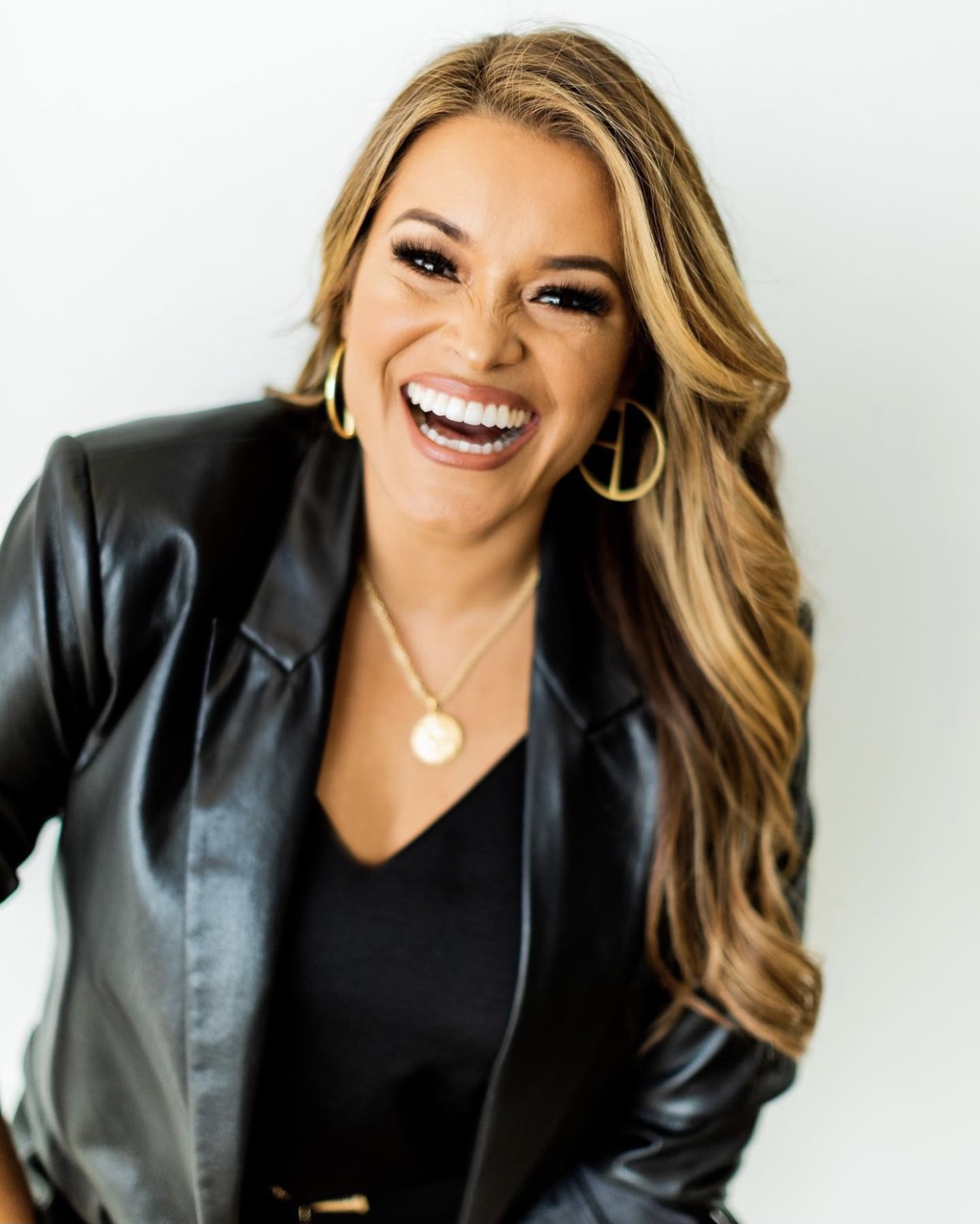
by Bianca Olthoff | Aug 10, 2021 | Healing, Life Advice, Testimonies
Pounds. Ounces. Measuring cups. Tablespoons. Teaspoons. Since I was a child, I’ve been measuring my life in pieces. I’ve struggled with weight since childhood. And I’m not talking about feeling bloated after a burrito. I’m talking about being obese and weighing more than my father at the age of 12. Life felt so out of control and in pieces that the only thing I knew was to pick up the pieces of life and run really hard.
By the time college came around, I became an expert at running with my hands full of the pieces of my life. It was a time of reinventing myself and shedding my shame and my weight, which interestingly enough, existed in the presence of each other. The obese little girl was a distant memory and the shadow of the girl who strode onto campus conveniently stuffing the broken pieces of her life in a designer book bag.
College was a chance to reinvent myself. No one knew I was an illiterate child who shared a bedroom with my sisters and snuck food into closets while no one was looking. No one knew I was poor or made fun of because of where I lived or the color of my skin. No one knew I witnessed the prejudice against my father and his lingering accent. It was a chance to be who I dreamed of being: perfect.
Never to be thought of as the stupid kid ever again, academic excellence was the bar. From color-coding my notes, study groups, re-writing my notes, and note cards, I was obsessed with academia. If the letter A was an item, it was the hidden treasure I sought out.
But my manic behavior didn’t stop there. I became obsessed with dieting and an allusive number on the scale. I became fixated on controlling every aspect of my life. It was my goal to never be made fun of again and to find clothing that was not in the full-figured women’s section of department stores. Never again would I need to wear a plus-size forest green jumpsuit with elastic waistband and faux gold buttons (aka my Easter outfit circa 1993).
As a grown adult, I can’t even begin to recall how many diets I’ve been on. Seriously, it’s embarrassing. The Orange Peel Diet (boil 30 orange rinds for five hours in two gallons of water and drink the tea for the next 48 hours); The Soup Diet (boil every green vegetable in a cauldron of water and eat it for eight days straight); The Meat Diet (the diabolic travesty of my life); The Vegan Diet (I gained weight); The Liquid Diet (I ran to the restroom every 30 seconds); The Pills-from-Mexico Diet (I not only lost weight, I lost sleep, hair, and control over my sweat glands). Sadly, the list goes on.
Unless you’ve struggled with an addictive or obsessive behavior yourself, it’s difficult to understand the pain. Controlling a diet or eating habits may seem easy to some. You know, just simply put down the food. But someone telling me to stop eating or stop obsessively working out or stop color-coding my notes was like telling the sun not to rise. No matter how hard I tried, it was impossible.
So I held on to control like a cobra grasping its prey. I lost 45 pounds, I had a stellar GPA, I had the best clothes, my work was excellent, my professors loved me, and my scholarships kept coming in. I, I, I. My, my, my. Me, me, me. I had become the captain of the ship, the driver to my destiny, the god of control.
Others probably thought I had my life together, but I knew it was a façade. Deep inside I feared one misstep would cause a trapdoor to open and a massive boulder to fall on my head. One mistake would remove the favor in my life and reveal the frightened girl who simultaneously controlled everything and nothing, and the pieces of my private life would be spilled on the floor for everyone to see.
Here’s the truth: you will have moments where you feel like your life is in pieces.
You know all the pieces once made something beautifully whole, but right now? Right now it feels like puzzle pieces you’re forcing to fit together, but refuse to match, leaving you with what feels like empty holes that feel impossible to fill.
And it’s that empty feeling that drives us to fill what we can with what we know: food.
If you’ve ever wrestled with food or food addiction, you might have found yourself saying:
I feel like I’m missing something.
I want to feel complete.
I feel broken and cracked.
I want to feel whole.
I’m so empty.
If I could stop _____, then I would feel okay.
For women unaware they are addicts to food, suffer from disordered eating, and exercise control of their emotions by binge dieting, I’m here to tell you a sobering truth: we are hungry for things food cannot fill. What feels like hunger pains are actually soul cravings.
And sadly, an empty soul cannot be filled with ice cream.
When food/porn/television/alcohol/sex don’t take the emptiness away (like we believe it will), the belief is more will make it better…
One more serving of food
One more hour of work
One more drink
One more episode
The completion of your life isn’t going to be filled binging, purging, or withholding. The broken pieces of our life are only made whole and complete through the love of Jesus. Paul the Apostle wrote to the Colossians and reminded them that in Him you have been made complete (Colossians 2:10). Our desires claim to satisfy us, but only God can make us full. Why? Because food isn’t the real problem, emptiness is.
Jesus has come to life and life to the FULLEST (John 10:10). I wish there was a magic pill I could give you or some new simple answer to those of us who struggle with disordered eating. But this is what I’m learning and want to share with you.
We need to find fullness in God before we feel the fullness of food.
We will mess up and make mistakes. But know this:
No matter what your past holds, it can’t hold you.
You are not who you are when you are weak.
You are not who you are when you fail.
You are not who you are when you sin.
You are a child of the Most High God.
As you begin to put the pieces of your life and issues with food back into place, let me encourage you that being made whole is not only possible, it’s the essence of who Jesus is and what He came to do.
Jesus came to make us whole. Jesus can make us complete. When God looks at you He does not see you in the weakness of your failures, but in the fullness of His purpose He picks you up and reminds you to keep going.
This post was taken from our LO sister workshop: “The Powerful Workshop”! To learn more from Bianca, Shelley Giglio, Alex Seeley, and more (all include video teaching from each contributor!), click HERE and join our community today!
As both a pastor and author who has been in ministry for more than 20 years, Bianca inspires people to live with passion. Her leadership at The Father’s House Orange County has allowed her church to reach people all over the world. As the founder and president of the nonprofit, In The Name of Love, she is committed to serving the incarcerated and equipping them to discover freedom despite their surroundings.
Bianca describes herself as a passionate, Jesus-loving, Bible-teaching, book-writing MexiRican. Experience her energy in her best-selling book, Play with Fire and her most recent book, How to Have Your Life Not Suck: Becoming Today Who You Want to Be Tomorrow, which explores how to win at work and navigate through life’s many decisions.
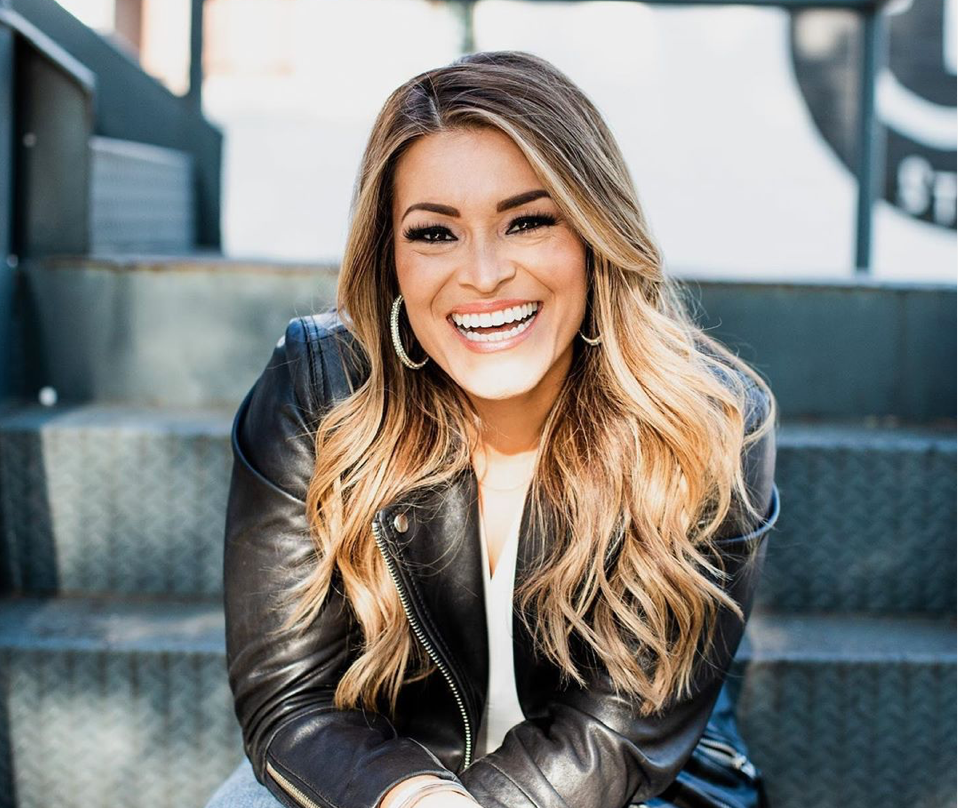
by Bianca Olthoff | Dec 27, 2019 | Life Advice |
My living room was full of gorgeous and talented women, brimming with vision and optimism about what lay ahead. I, passionate about the next generation, had opened my heart and home to a small, select group of fierce females, who were selected to be part of a summer internship. They came from all over the country to be part of a three-month, intensive ministry training, and this was day one.
As I looked around the room, I remembered what it felt like to be their age, to wonder the same things, and dream the same dreams—dreams about life and love, purpose and passion. I thought to myself, When I was their age, what did I need to hear? I listened to their stories and arrived at the simple truth I wished someone had told me when I was their age. It would have saved me from embarrassment, prideful falls, humiliation, and the many naive mistakes I made while stepping into leadership roles inside and outside of the church:
There is a difference between women and little girls.
Physically, these differences are obvious—that doesn’t require much discussion. But I’m talking about the maturing of soul, mind, and spirit. The apostle Paul put it this way: “When I was a child, I used to speak like a child, think like a child, reason like a child; when I became a man, I did away with childish things.”
In Hebrew culture, children become adults at the age of thirteen. However, just because someone legally becomes an adult doesn’t mean they act like an adult. For Latinas, rites of passage happen before a crowd at a quinceañera, when a girl turns fifteen years old. American culture grants grown-up responsibilities to kids on their eighteenth birthdays. But just because we are culturally labeled adults doesn’t mean we act like them.
This can be most evident in our spiritual lives. We may look, and sometimes even act, like mature, devout, grown women of God, but in fact, we’re little girls in our big sister’s lipstick, masquerading as the women we have yet to become.
I gathered the interns around my dining room table and had “The Talk.” No, not that talk—this wasn’t that type of party. But just as any adolescent girl needs a no-nonsense knowledge-drop to get a grip on handling hygiene, hormones, and harnessing her little lady lumps in a properly sized bra, young believers require a bit of motherly advice to guide their spiritual development. (And when I say “motherly,” I more mean “the cool young aunt whose birth was a surprise to your grandparents in their sunset years”).
Are You a Little Girl or a Grown Woman?
We don’t all begin our faith walks at the same point in our lives. We don’t all face the same challenges, and we certainly can’t all expect to have access to the same support systems and opportunities. But as with any growth process, we need guidance from those who have gone before us in order to transition fully into who we’re meant to be. Over the years (with the ever-helpful aid of my 20/20 hindsight) I’ve distilled some of my most useful lessons on adulting into the bullet points below. Some of these I had to learn the hard way, and my hope is that you won’t have to. And since I was raised on Sesame Street, (a quintessential part of my growth) they will all start with the letter P, because this chapter is brought to you by that letter. You’re welcome.
- Process
In immaturity, we’re focused on praise and promotion, but woman sees the importance of her process. What we learn through our work, and even by the act of simply doing that work, is far more important than any reward, increased status, or affirming words we may receive as a result.
After I finished teaching at The Rock Church in San Diego once, senior pastor Miles MacPherson asked me if I’d ever had a speech coach review my sermons. I thought he was asking because he was so impressed by my awesome wordsmithing and polished prose. When I proudly told him I hadn’t, he asked me if I wanted some feedback. Umm . . . excuse me? I was hurt and embarrassed at my need for correction, especially following what felt like a really solid spin behind the pulpit. But where would that embarrassment get me? What good would a “Great job, Bi” have done when I had so much room to improve? I swallowed my pride and seized the opportunity to learn from one of the best.
Miles’ feedback was brutally honest but incredibly helpful. And while it did make me a bit uncomfortable, I was well aware of how little a person grows when she stays inside her comfort zone. As a grown woman and communicator of the gospel, I knew I needed to receive Miles’ insight as an investment in my maturing process. It made me better at my job, and subsequently, better at my life.
Put your head down and do the work.
Don’t worry about the promotion; focus on the process. Don’t quit the painful process because you are addicted to praise. The process will mature you to focus on the future and build it rather than looking back longingly at an idyllic past.
- Produce
Immaturity projects entitlement and negativity; grown women produce. Immaturity will cause us to focus on what we lack, but it takes an adult perspective to begin to work with what we have. If we are busy doing that work, we won’t have time to focus on what we don’t have.
Instead of letting struggles get the best of you, go to work and began to produce. If you’ve been given olives, make olive oil. If it’s sour grapes, make wine. When you get lemons, make lemonade. Use what you have to get what you want.
It’s not about what you have or don’t have. It’s about what God can do with whatever you give Him.
- Payment
Every great leader, boss, preacher, teacher, or mom needs a coach. This person will pour into your life and help you become better. When we invite someone into our life who can provide loving and thoughtful correction, we become better. A word of caution: be intentional about who you invite into your life. If you give access to a person who is jealous or threatened by you, it may cause a weakening in your confidence. Surround yourself with people who are for you, love you, and will be honest with you.
Grown women should view correction as a payment into their development. Little girls will make you pay for correcting them. And dealing with a payback from an immature child is the worst!
- Purpose
A mature woman will declare she has purpose and potential living on the inside of her. She won’t make excuses for who she is (and isn’t).
We can either grow into all that God has called us to be, or we can make excuses for why we’re not growing.
God’s call is always found in our God-given talents and God-inspired passions and burdens for the world. And it requires spiritual maturity to ask ourselves: When I breathe my last breath, will I have optimized those talents? Will I have done my best, throughout my lifetime, to get the highest return on His investment in me?
Purpose exists when our gifts, experiences, and passions come together. We must be women who declare and believe that we were created on purpose and for a purpose.
We must be women who declare and believe that we were created on purpose and for a purpose.
Bio: Bianca Juarez Olthoff is a church planter and pastor of The Father’s House OC with her husband Matt. Her newest book How To Have Your Life Not Suck is available everywhere books are sold.













